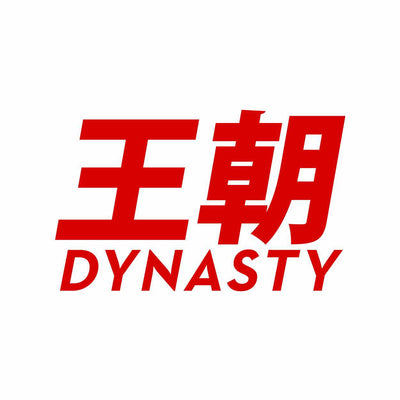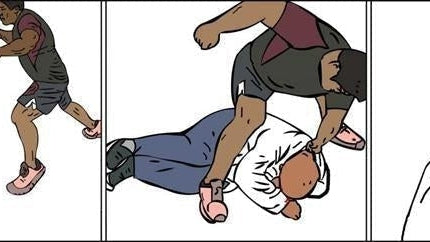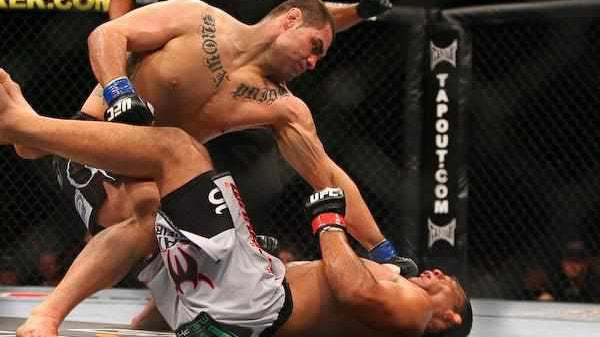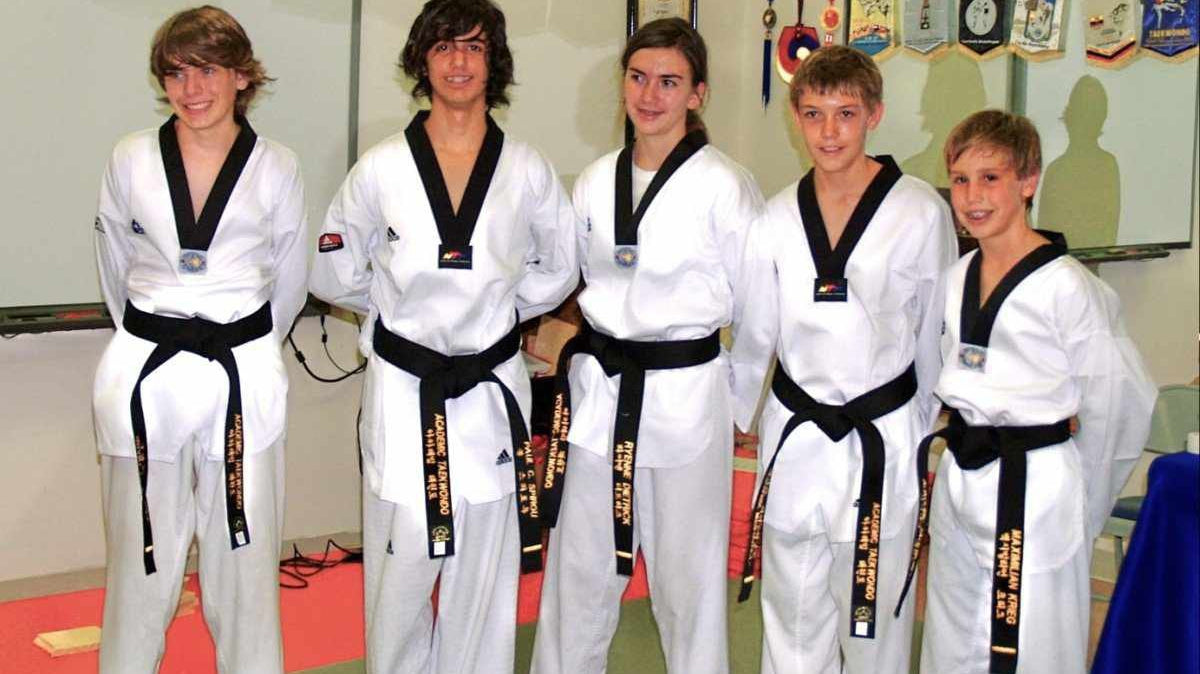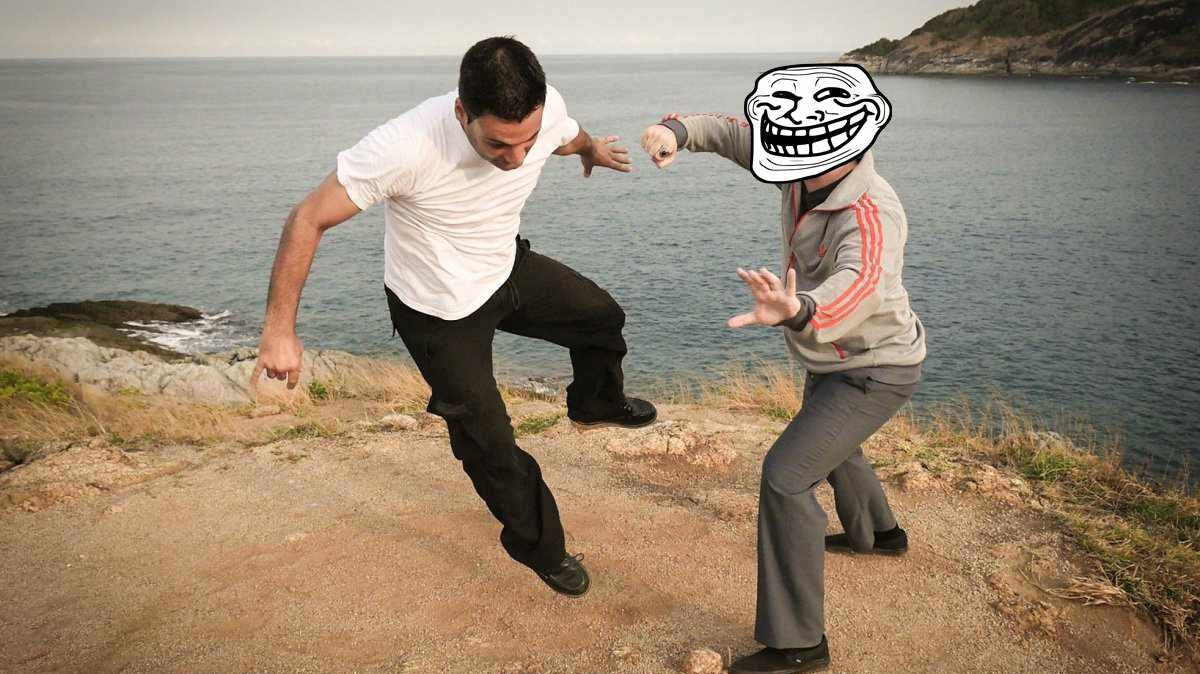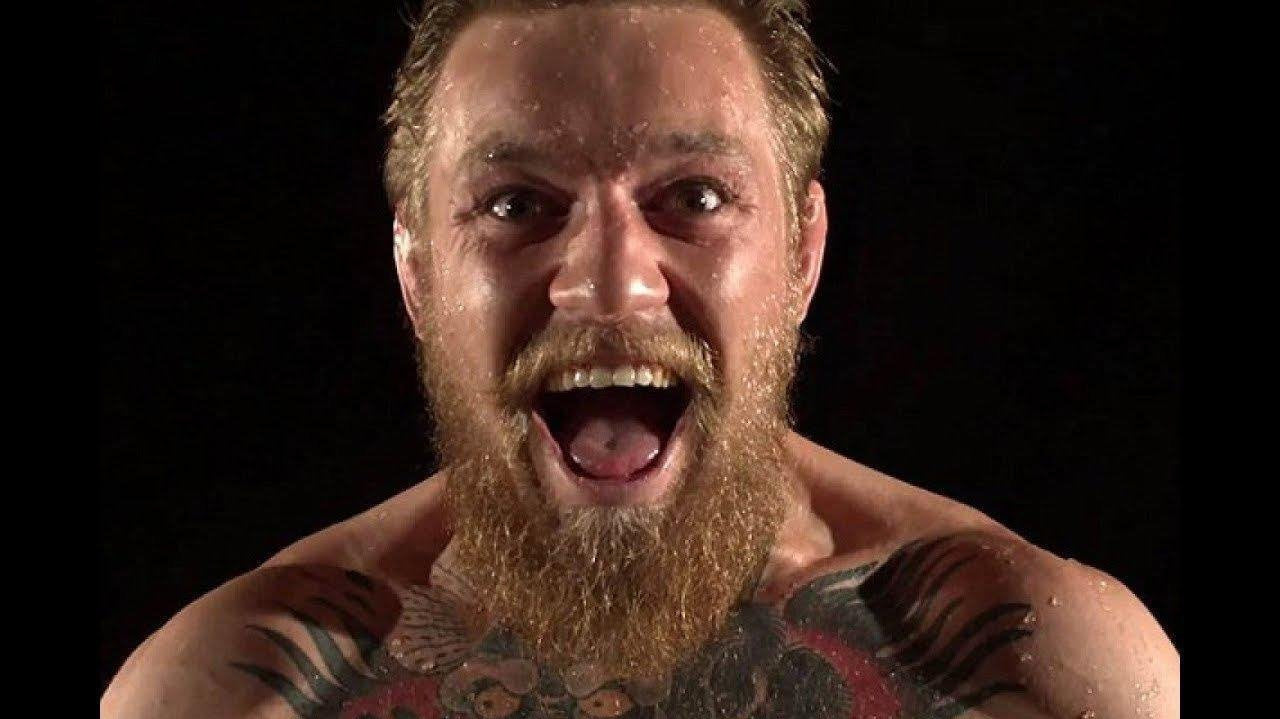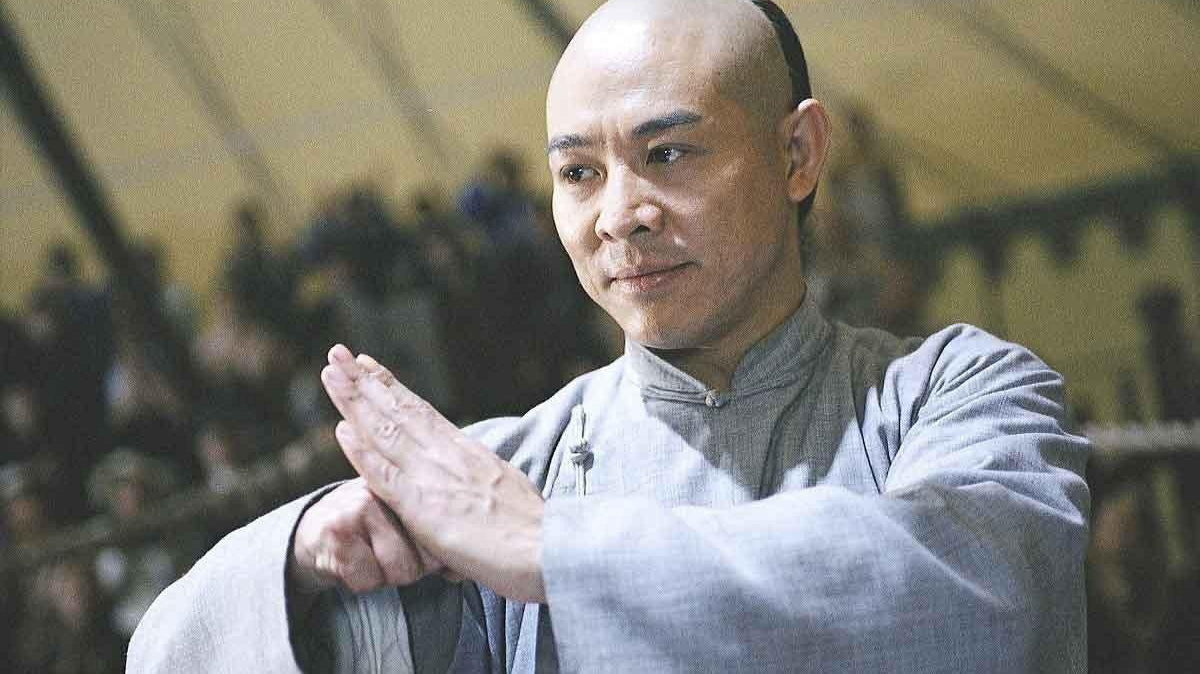Editorial
The Self-Fulfilling Death Loop of Non-Competitive Martial Arts
There is an intrinsic problem that exists in many forms of non-competitive, "self-defense" martial arts - mostly older martial arts styles, but can be applied to any martial art that does not contain or emphasize a competitive sports component.
The Dunning-Kruger Effect in the BJJ community
As defined and modified for the Brazilian Jiu-Jitsu or grappling community: The Dunning-Kruger effect is a cognitive bias in which people wrongly overestimate their knowledge or ability regarding the effectiveness of their grappling skills in a real fighting scenario, especially when it comes to training in "sport" Jiu-Jitsu versus training in self-defense focused Jiu-Jitsu.
This tends to occur because of the general sport BJJ practitioners' lack of self-awareness in a real fighting scenario, which comes from the lack of training with strikes, wrestling / takedowns / throws / slams, and / or ground and pound, which prevents some BJJ practitioners from accurately assessing their own skills.
Top 12 Signs Your Martial Arts School Is A McDojo
The definition of a "McDojo" is a martial arts school that is solely established to make money instead of genuinely teaching martial arts.
Are you concerned that you, someone you know, or your child may be stepping into a McDojo to learn martial arts?
Read on to find out the top signs of a McDojo, and if your school has checked off the majority of these boxes, your school might very well be a McDojo!
Why Fake Martial Arts / Teachers Exist (And Why They Always Will?)
In the world of martial arts, most of us were first exposed to it through movies and media - such as Kung Fu classics made by the Shaw Brothers' studios, Bruce Lee, Jackie Chan, Jet Li, the Karate Kid movies, or some similar combination of the above.
The romanticized idea of martial arts was always presented to us more or less in a very classical way: Learn martial arts, defeat the bully, exact revenge on the bad guy, win the tournament, and become the hero.
To us, martial arts was about training as hard as you could, winning the most amount of competitions as you could (in forms or fighting, or both), becoming a tough, hardened bad ass with world class martial arts / fighting skills, and becoming the best version of yourself that you possibly could be in the process.

Former Two-Division UFC Champion Georges St-Pierre, the definition of a model martial artist and champion.
The mindset of a true martial artist was to continue to train for life as an eternal student to keep bettering oneself on the path of perfection (perfection of course, doesn't exist), and continue to seek new challenges, conquer new plateaus and reach ever new heights - as long as the body was able and the circumstances allowed it.
We had always thought this was the way of the warrior, and the "hardcore" path that everyone took to mastering their martial arts.
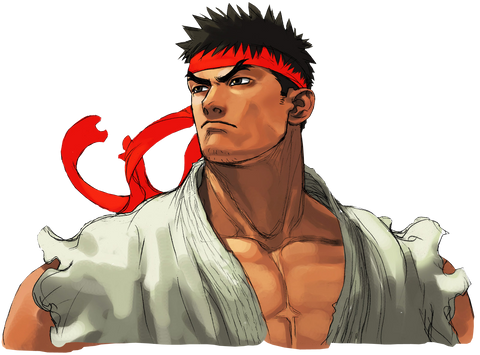
Then we realized, we were in the minority that held that mindset or belief.
The Death Of The Martial Artist
Martial arts is dead.
It has become common and mainstream for kids and adults alike these days to train in combat sports such as MMA and modernized martial arts like Brazilian Jiu Jitsu, rather than the more traditional forms of martial arts such as Kung Fu, Taekwondo, Karate, Judo, and so on and so forth.
While there is certainly nothing wrong in training MMA and BJJ (in fact we highly recommend them for their effectiveness in real fighting), the high degree of focus on sports competition and winning at all costs in MMA and BJJ - often come at a price when it comes to developing and cultivating individual morals, values, and ethics - perhaps more so than others.
In the WME-IMG era of UFC / MMA combat sports landscape - disrespectful trash-talking and WWE-style "Attitude Era" antics have skyrocketed to another level (and hit a new moral low).
While we can fully appreciate the entertainment factor, spectacle, showmanship, and charismatic fun of competitive trash talk from one competitor to another - there is a difference between things said and done for entertainment and crass thug-like behaviour.
Mixed Martial Arts (MMA) has now become fully synonymous with the latter.
Where Are The Chinese Fighters? (Why MMA Has Not Flourished In Chinese Society)
Being the birthplace of Asian martial arts (as the Chinese phrase goes: "all martial arts come from Shaolin" - albeit with influences from India), China (a.k.a. The Middle Kingdom) possesses over five thousand years of history, and is the central origin of all Asian people and culture that can be traced back to the ancient times. While they won't openly admit it, neighbouring nations such as Japan, Korea, and all of South East Asia owe their historical and cultural roots to China, in one way or another.
Why is it then, in a society of more than 2 billion ethnic Chinese people scattered across the globe combined, we have not had any successful Chinese fighters (so far)? Why is it that Japan, a tiny island comprised of only about 125 million people, has produced some of the sport's most legendary MMA fighters, and Korea is taking the lead in pushing the next wave of successful Asian fighters, while China (and its neighbouring Chinese populations in and of Hong Kong, Taiwan, and Macau) is still the odd country out of the party? Why have Chinese fighters failed to find success at prize fighting and what is it that makes Chinese people "different" than other Asian fighters?
